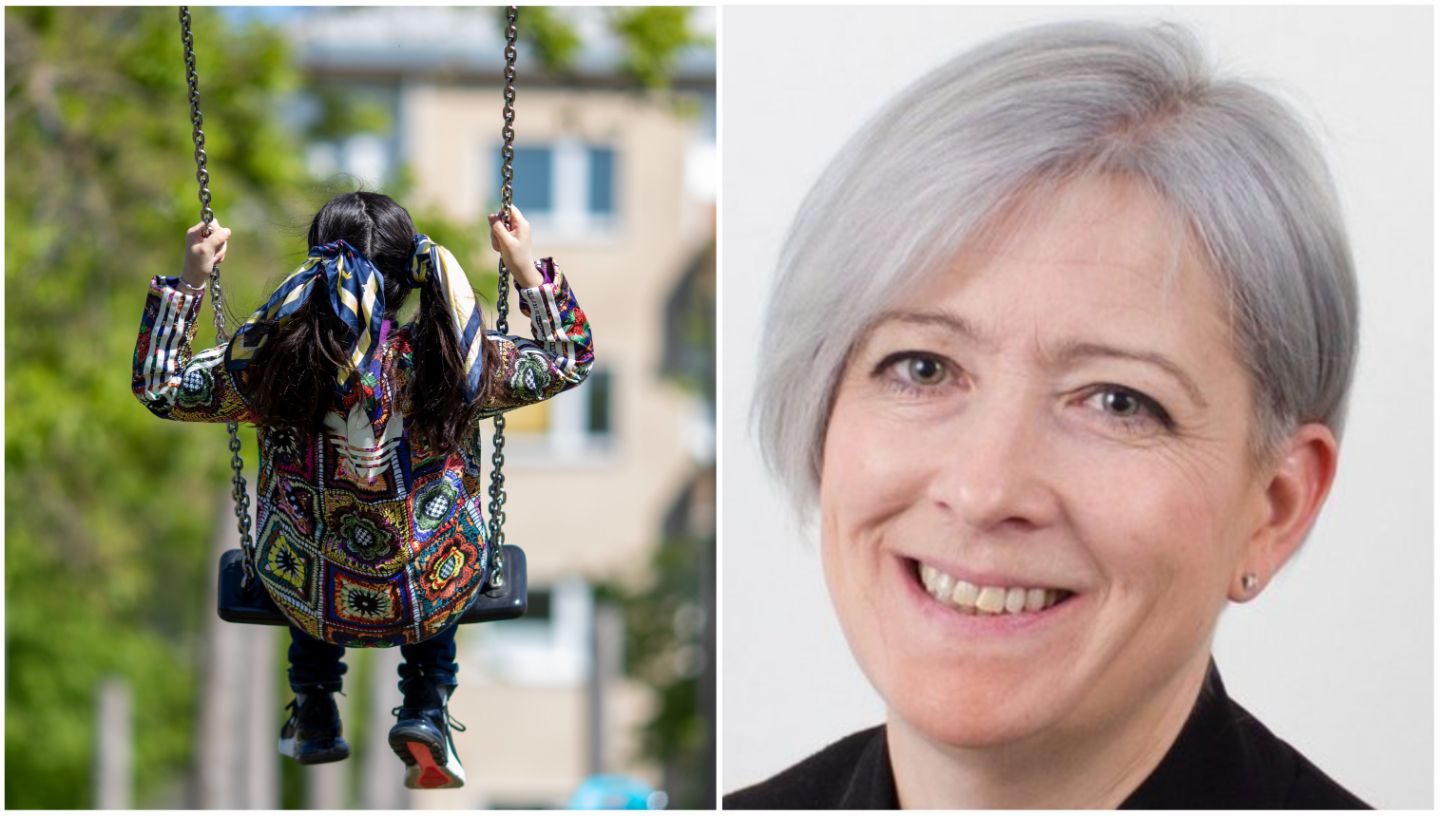In advance of Active London – London Sport’s annual conference – Make Space for Girls co-founder Imogen Clark has written a column on the lack of outdoor facilities available to teenage girls.If there’s one thing that we all learned from lockdown, it’s the value of being outdoors. Teenage girls felt this as much as anyone, with 84 percent saying they would make more effort to get outside once lockdown had ended. But where do they go?On paper, there are plenty of places out there for teenagers to gather and be active – MUGAs (Multi Use Games Areas), skate parks, BMX tracks and pitches. But the reality is that these tend to be dominated by boys, resulting in girls feeling a sense of displacement and that they don’t belong. Sadly, this is also a view which is often reinforced by the boys who are there. Tellingly, research shows that girls are more active in spaces when MUGAs and skate parks aren’t present. Yet, they keep getting built.Safety is a big barrier too. A study found that two thirds of girls had been sexually harassed in public space, and 35 percent had been hassled while wearing school uniform. Whilst a Girlguiding survey found that 80 percent of all girls and young women feel unsafe when they’re out on their own. No wonder that public spaces can often seem like unwelcoming places for girls and young women. Recent research coming out from Glasgow found that just 20 percent of girls said that they felt comfortable in their chosen park.To make positive change, we need to first understand the existing issues. Ultimately, it’s discriminatory, but everyone under the age of 18 has a right to play under the UN Convention on the Rights of the Child. But one of the most crucial elements is health. Girls are less active than boys at every stage of adolescence, and only 27 percent of teenage girls meet the government’s minimum activity levels - but how can we expect them to be active when they don’t have anything to be active on?
Being outside is hugely important when it comes to mental health, as well. Girls are three times as likely as boys to experience negative moods, and research has proved that time spent outdoors can significantly improve depression and anxiety in young people. Creating welcoming parks could be part of the solution.
For all these reasons we need to create spaces that are more inclusive. Unless we approach the development of spaces differently, we will continue to cater for a small demographic.
The single best way of making a change is to give teenage girls a voice.
This is what Make Space for Girls has been set up to do, and we’ve been talking to girls up and down the country, to find out what would help them get out into parks more. So, what do they want?
Generally, the feedback focuses on better lighting and toilets, safer places and having more ‘other’ people around. But there are design features, too, which help make parks more welcoming and people aren’t thinking of, such as putting in perimeter paths – which make it easier to get away from trouble – and breaking down big areas into more, smaller spaces so that no one group can dominate.
But girls fundamentally also want fun facilities where they can play and hang around and be young – but not where the little kids are.
The most popular ideas are swings of the right size, and as high as possible, gymnastics bars, trampolines and exercise bikes which charge your phone. And seating, lots of it, set out so you can face each other and chat. Colour is key too, but not that standard green we see everywhere – FYI they don’t like it!
All of these ideas will create parks which don’t just work for teenage girls, but are more inclusive across the board. What research has also revealed is that the current standard teen provision of MUGA, skate park and pump track isn’t even what the majority of boys want – they too want playful spaces where they can hang around with their mates and 43% of them think that parks aren’t designed in consideration of their needs.
We are currently facing one of the greatest threats to outside space, when actually we should be embracing it after nearly two years locked away during the pandemic. We know that people are more likely to lead active and social lifestyles if the right facilities are available.
Now is the time to persuade girls that online isn’t the only safe space and encourage them to get outside with safe and welcoming community spaces that they resonate with and are proud of.
Imogen Clark is the co-founder of Make Space for Girls and will be speaking at the 2022 Active London conference, being hosted by London Sport on 21 September. Visit www.londonsport.org/our-events/active-london/




















